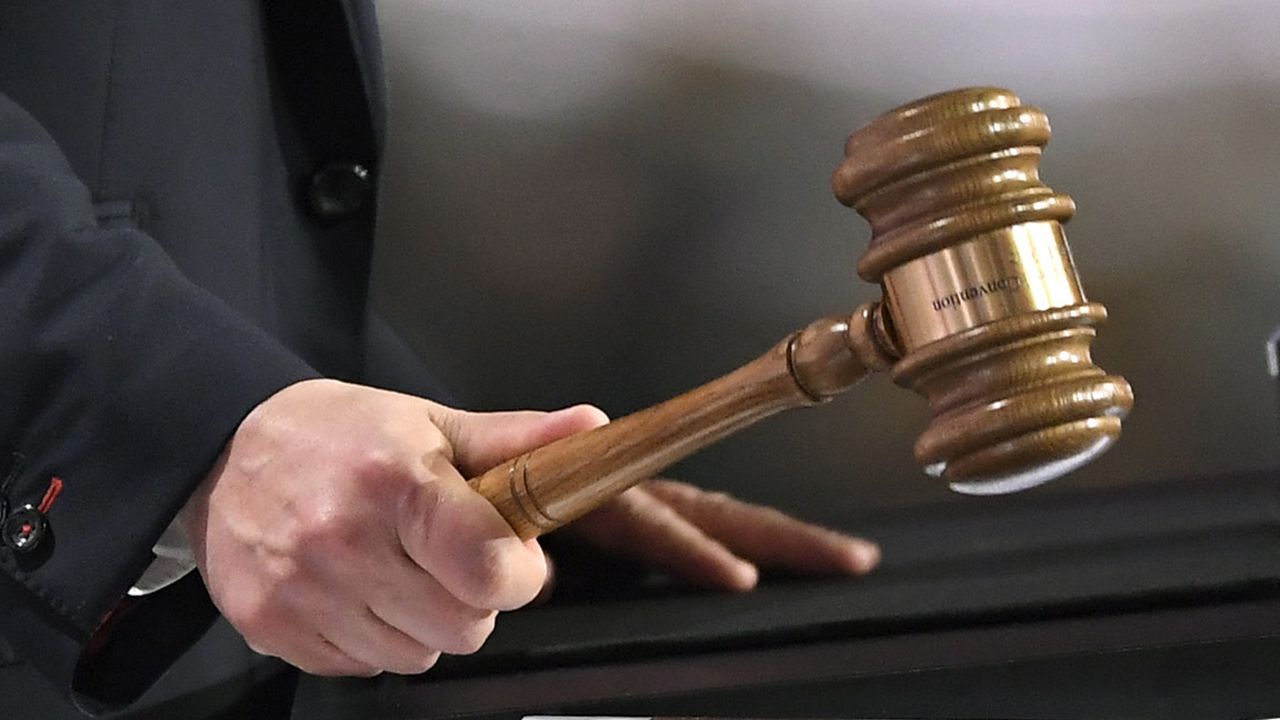Mobile man gets more than 7 years in federal prison for SBA fraud, selling fentanyl
A Mobile man will spend the next 85 months in federal prison after pleading guilty to both federal wire fraud and selling fentanyl, U.S. Attorneys Sean Costello from the Southern District of Alabama announced.
In April 2021, 31-year-old Kentarius Williams submitted a fraudulent application for a Paycheck Protection Program loan through the Small Business Administration (SBA).
In requesting the $20,833 loan, Williams falsely claimed he was the owner of a cleaning service in need of relief due to the COVID-19 pandemic. He submitted phony tax documents showing more than $100,000 in business income and a monthly payroll of $8,000.
Because Williams used a computer to file the fraudulent application, the communication traveled across state lines to the SBA’s computer servers in Virginia and to a bank’s servers in Oregon, violating federal wire fraud statutes.
Then, in September 2022 through February of this year, Williams conspired with others to distribute fentanyl.
On multiple occasions, narcotics agents used confidential informants to purchase fentanyl pills from Williams, with those transactions — some of which were conducted while he was in the pretrial release program for the wire fraud charge — were recorded on video.
In February, federal agents raided Williams’ Mobile apartment, with fentanyl and oxycodone pills among the items seized in the raid.
Williams’ cell phone was also searched, with agents finding numerous text and Instagram messages in which he referenced the sale of illegal drugs.
In one such message from January, Williams wrote that he “got rich off” sale of fentanyl pills, which he said he could get for “dirt cheap.”
U.S. District Judge Terry Moorer sentenced Williams to 14 months for wire fraud, and 71 months for conspiracy to distribute fentanyl, with the two terms to run consecutively.
Along with the 85-month prison sentence, Moorer imposed five years of post-release supervision, which will include drug testing and treatment. Williams was not fined, but was ordered to pay $200 in special assessments.
